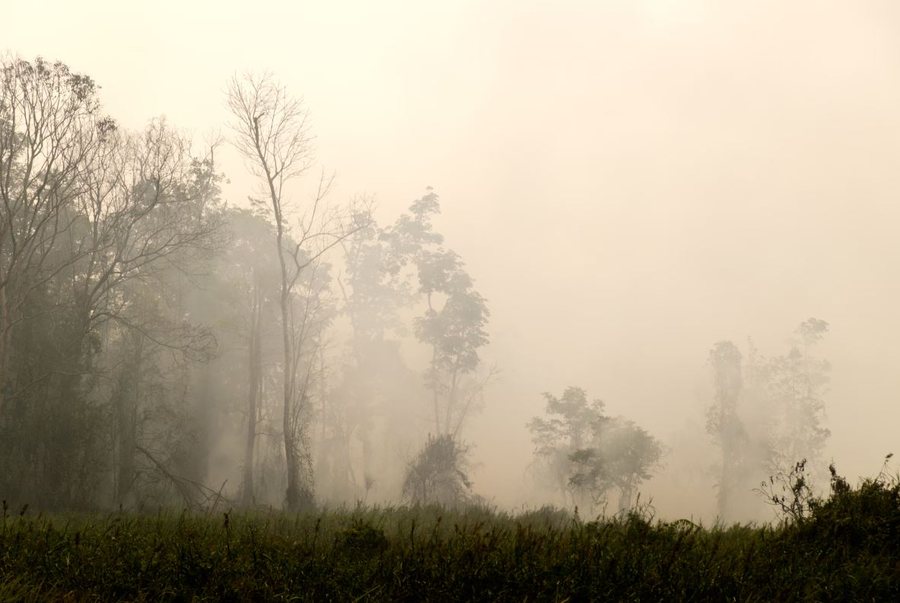
The climate has changed, and in recent years, it is no longer just a perception that traditional seasons are disappearing. Summers are longer and hotter, winters are milder, while spring and autumn have been completely disrupted. The latest study, published in Progress in Environmental Geography, highlights that we are not simply facing changes, but the birth of new seasons created as a result of human activities.
The authors propose new terms to describe this strange climate era. The first, they say, is syncopated seasons: summers are getting hotter, winters are getting milder, and extreme events are becoming more frequent.
Second; arrhythmic seasons – those that were once predictable but now come earlier or later, such as spring coming earlier and earlier, disrupting ecosystems.
Finally, there are seasons that have now disappeared, at least locally: we go from cold to hot (and vice versa) without interruption, forcing, for example, migratory animals to change their rhythms.
According to the study, the problem is not limited to the seasons we already know, which are changing dramatically. The Anthropocene (the term Anthropocene describes a period in Earth's history in which human activities have drastically altered the physical, chemical and biological characteristics of the planet, with particular reference to the increase in greenhouse gas concentrations in the atmosphere) has created new seasons, of human origin. The authors cite the example of the "haze season" (or haze season) in Southeast Asia, between July and October, hectares of vegetation are burned to make way for fields; this fills the sky with smoke and particulate matter for weeks and has become a regular annual occurrence.
Another example of an artificial season is the trash season: between November and March, the tides bring about 60 tons of plastic to Bali every day, collected from the sea and deposited on the island's beaches. The study also explains that in some cases, we are adapting to new seasons: the haze season in Southeast Asia is a well-known phenomenon that local authorities are combating with preventive measures. However, simply adapting to new conditions is not enough: we need to eliminate the problem at its root, which is similar to everything related to climate change. (A2 Televizion)











